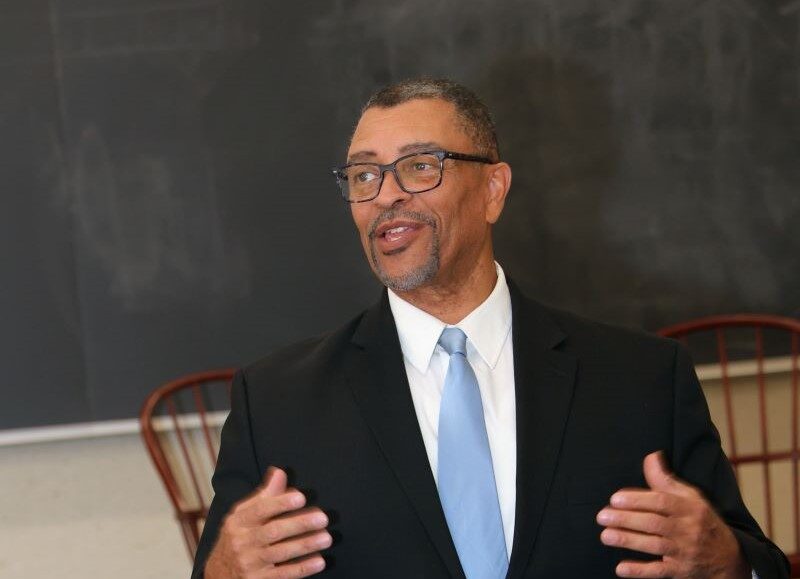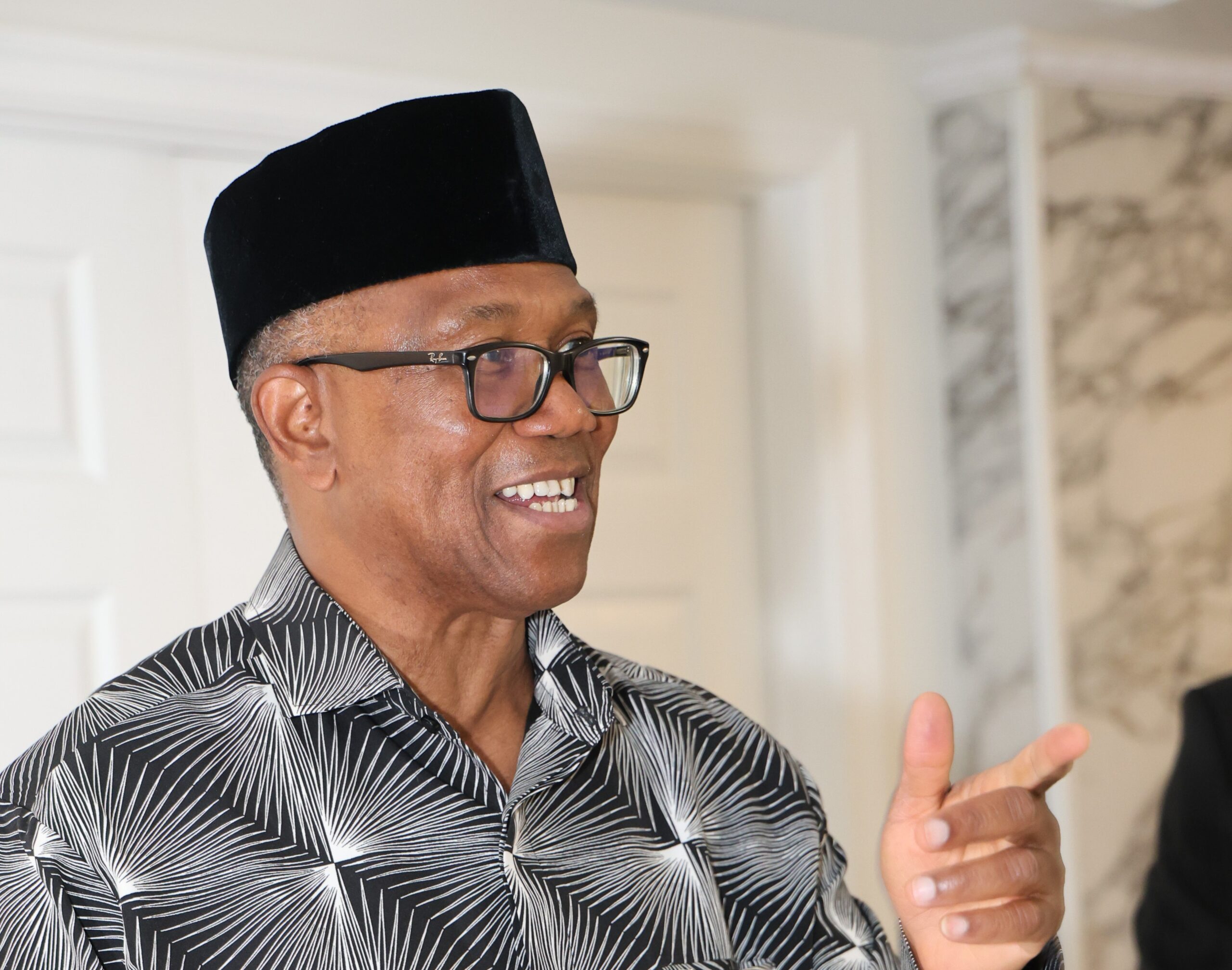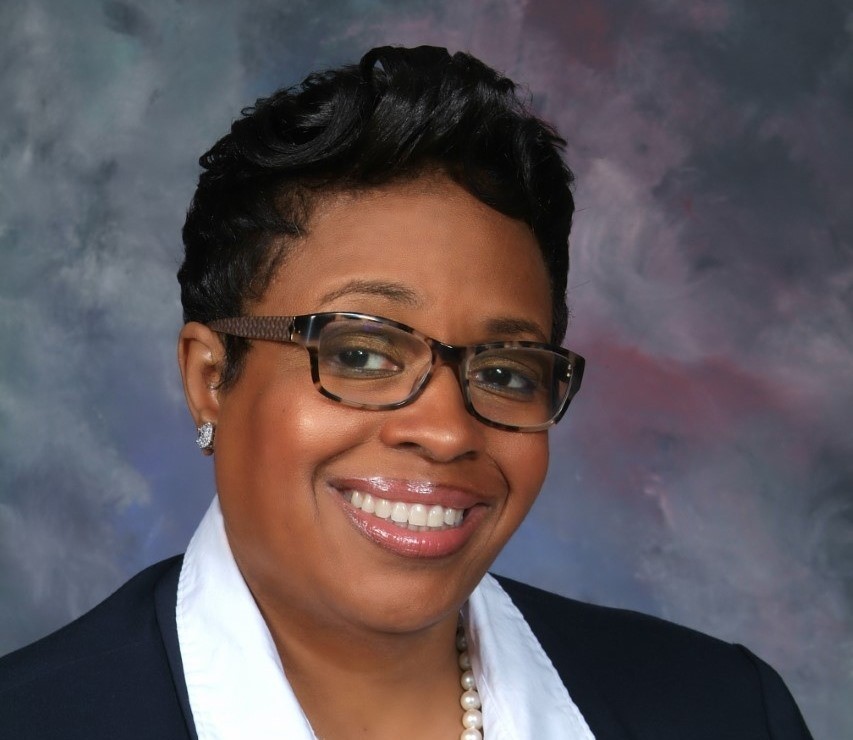The Moelis Scholars Event at the University of Pennsylvania’s Weitzman School of Design recently celebrated Dr. Kenneth Scott, President of the Beech Companies. In conversation with Dr. Wendell Pritchett, former Interim President of Penn, and James A. Rapp, Professor of Law and Education, Dr. Scott shared his extensive experiences and perspectives on equitable community development, drawing on more than two decades at the helm of Beech Companies.
This annual event, a focal point for scholars and urban planners nationwide, was framed around the pressing issue of creating thriving, inclusive communities, with Philadelphia serving as a key case study. The dialogue underscored Beech Companies’ transformative impact on North Central Philadelphia—a community that once grappled with some of the city’s highest rates of crime and poverty but now stands as a testament to comprehensive redevelopment and resilience.
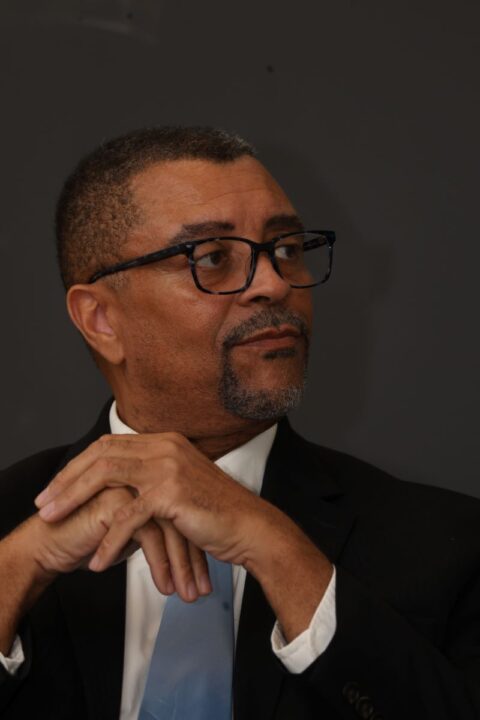
The Legacy Of Beech Companies
Founded in the 1990s by the William Penn Foundation, Beech Companies emerged as a bold initiative to address systemic neglect in North Central Philadelphia. Tasked with improving one of the city’s most distressed areas, Beech adopted a holistic model of development that tackled housing, education, business support, and community services. Under Dr. Scott’s leadership, the organization has mobilized over $2 billion in redevelopment projects and philanthropy, fostering sustainable growth across various sectors.
Dr. Scott, an engineer by training, brought a systems-based approach to community development. Early in his tenure, he emphasized the importance of integrating grassroots efforts with larger strategic goals. This commitment to collaboration, exemplified by initiatives like the Cecil B. Moore Consortium, has been instrumental in fostering networks that align local stakeholders and policymakers around shared objectives.
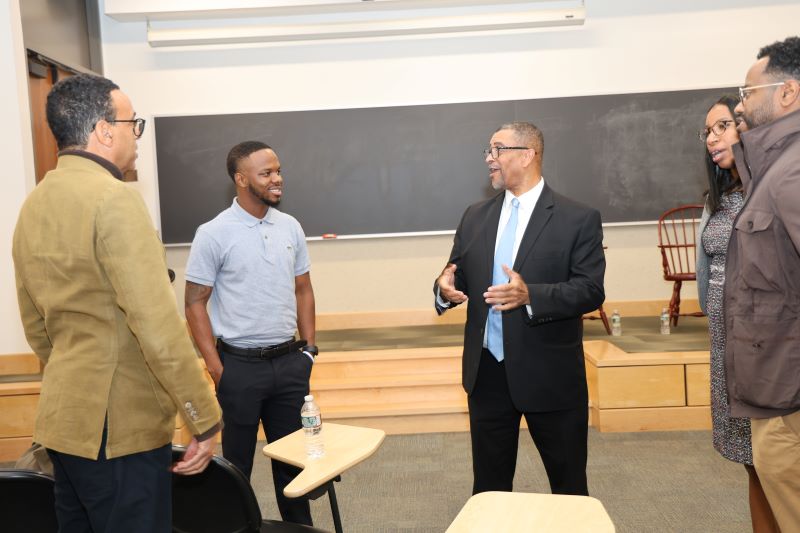
Insights On Equitable Development
The evening’s discussion offered attendees a rare glimpse into the realities of community redevelopment. Dr. Scott detailed the challenges of balancing development with equity, often citing the need to prevent displacement and preserve community identity. He recounted Beech’s efforts to enable affordable homeownership, describing how properties once valued at $12,500 in the 1990s have now appreciated to over $250,000—creating pathways for generational wealth while maintaining affordability.
Dr. Scott also reflected on the organization’s initiatives for returning citizens, highlighting a forthcoming project to establish a mini-marketplace on Cecil B. Moore Avenue. This venture, aimed at fostering entrepreneurship among formerly incarcerated individuals, encapsulates Beech’s commitment to inclusive economic opportunities.
“Development for whom?” Dr. Scott asked pointedly during the conversation. He stressed the need for accountability in urban planning, noting that all too often, new projects cater to external interests rather than the needs of existing residents. “We must get people off what I call the wheel of poverty, where problems are merely shifted, not solved,” he emphasized.
A Call To Action For Future Planners
Dr. Wendell Pritchett, whose distinguished career spans academia, public service, and community advocacy, brought valuable historical context to the conversation. From his time as Chancellor of Rutgers-Camden to his leadership on the Philadelphia School Reform Commission, Dr. Pritchett has championed initiatives that bridge economic and racial divides. He encouraged the next generation of planners to embrace community-first strategies, emphasizing the importance of trust-building and long-term engagement.
Both speakers stressed the necessity of evolving approaches to community development, particularly in light of technological advances. “We need to do a better job of using technology to find new solutions,” Dr. Scott remarked, envisioning a future where innovation drives equity in urban planning.
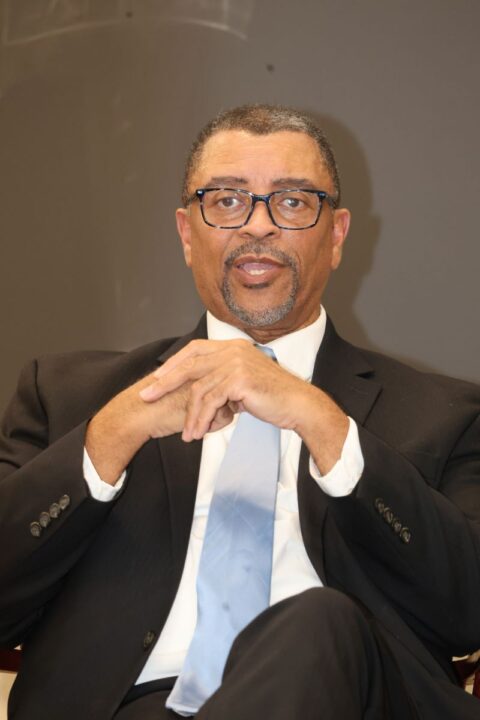
Reflections And Future Directions
As the evening concluded, Dr. Scott left attendees with a hopeful yet pragmatic vision for Philadelphia’s future. He acknowledged the city’s progress but urged a continued focus on inclusivity and sustainability. “The future could be bright,” he stated, “but only if we challenge old paradigms and adopt solutions that benefit everyone.”
This Moelis Scholars Event was more than a lecture; it was a call to action for scholars, planners, and policymakers alike. Dr. Scott’s decades of leadership and vision exemplify the power of community-driven development, serving as a model for cities grappling with similar challenges nationwide.
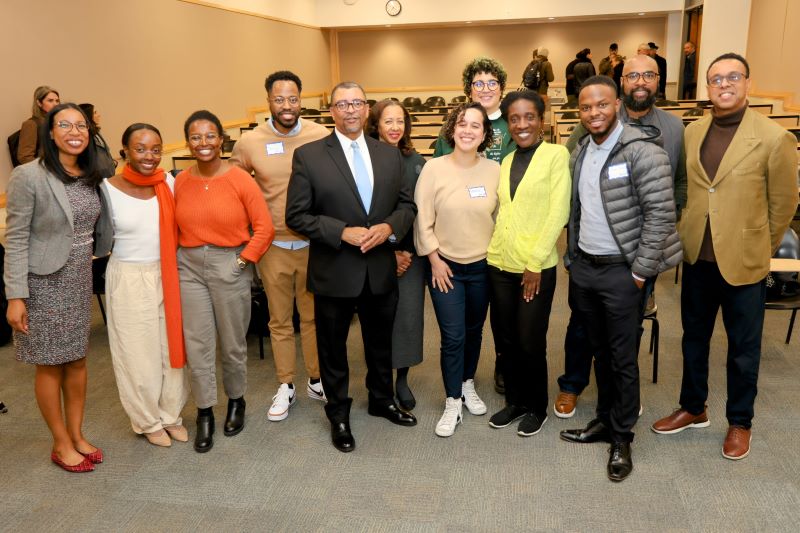

Oluwadamilola is a versatile professional with a passion for digital marketing and social media. Graduating with a degree in Chemistry, she discovered her true calling in the dynamic world of online marketing and content creation.
As a Digital Marketing Associate, she brings a unique blend of analytical thinking and creative flair to the table. Her expertise extends to crafting engaging online experiences that resonate with audiences. Oluwadamilola is no stranger to the art of storytelling, using her editorial skills as the Associate Editor at FunTimes Magazine to curate captivating ideas.
What sets Oluwadamilola apart is her unwavering commitment to learning and staying on the cutting edge of digital trends. She thrives on challenges and is always eager to explore new horizons in the ever-evolving digital landscape.
When she’s not immersed in the digital realm, you can find Oluwadamilola pursuing her creative passions or embarking on new adventures in search of inspiration.

